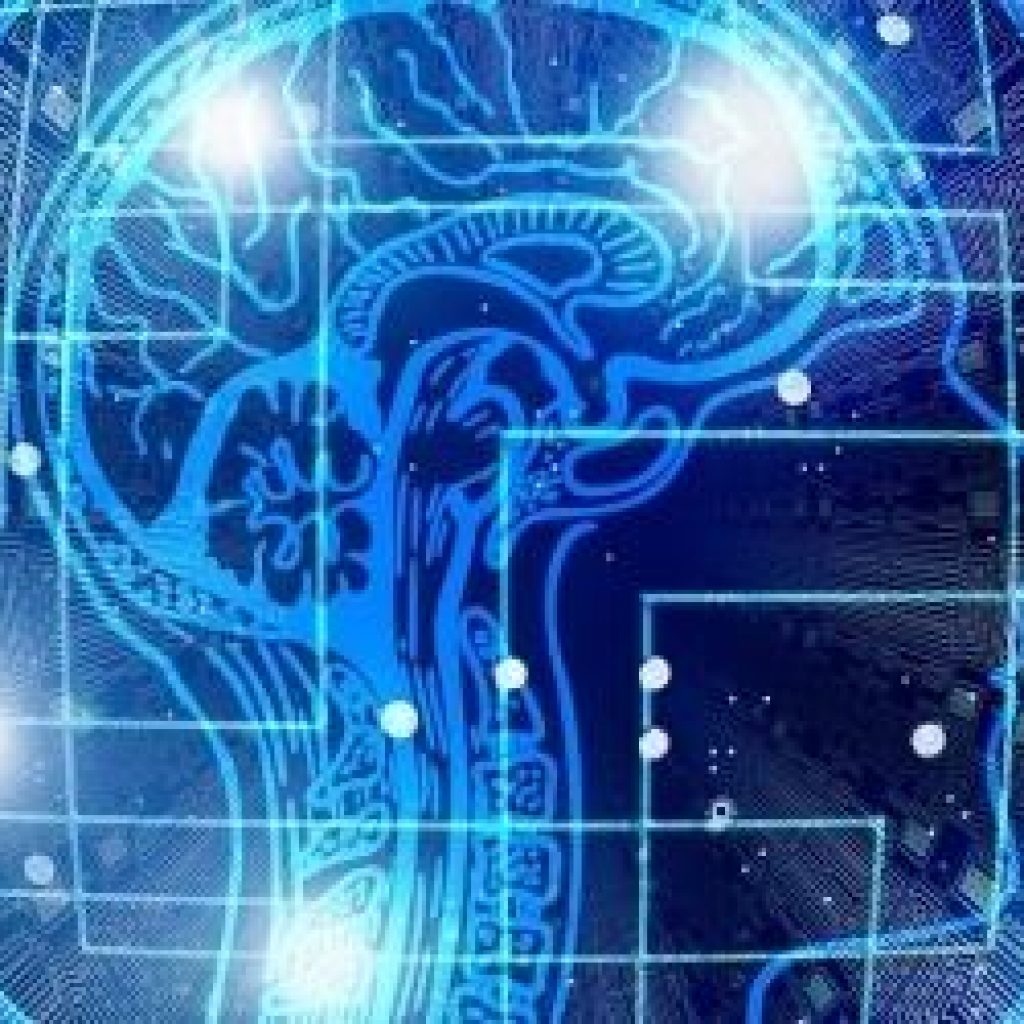(AnalyticsInsight) The power of traditional computers is at the limits of data processing and interestingly, according to futurist Bernard Marr. Data generation will keep on growing day-by-day; we produce 2.5 exabytes of data every day. That’s equivalent to 250,000 Libraries of Congress or the content of 5 million laptops. Every minute of every day 3.2 billion global internet users continue to feed the data banks with 9,722 pins on Pinterest, 347,222 tweets, 4.2 million Facebook likes plus ALL the other data we create.
We are in dire need of great computing power to process data in extended capability. And here enters the most anticipated technology Quantum Computing and Artificial Intelligence (AI).
Russian researchers from the Moscow Institute of Physics and Technology, Valiev Institute of Physics and Technology, and ITMO University have created a neural network that learned to predict the behavior of a quantum system by analyzing its network structure. The neural network autonomously finds solutions that are well-adapted to quantum advantage demonstrations. This will aid researchers in developing new efficient quantum computers.
Computers, regardless of speed, tend to think linearly, and humans don’t. Quantum Computers are not only massively parallel in the way they look at the information. And, according to scientists at the University of Science and Technology in China in Anhui, that may make Quantum computers the missing link needed to make accurate human emulation and prediction viable.
In the US, only IBM has leadership in both AI (with Watson) and Quantum Computing, suggesting that here IBM may get this right first. IBM believes they will have a functional Quantum Computer in the 2025 timeframe, and this suggests that before 2030 they may also have a system that combines their Watson effort with Quantum computing to create an accurate human-like AI.
AI & Quantum Computing Can Enable Much Anticipated Advancements
